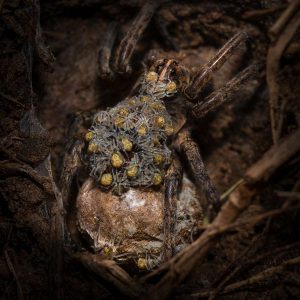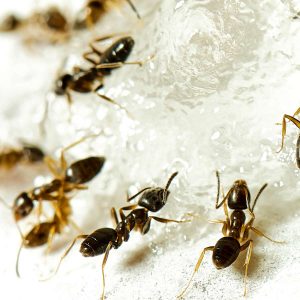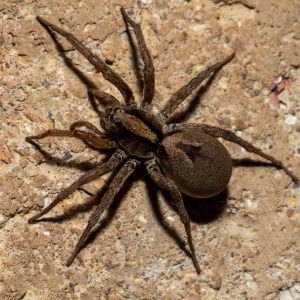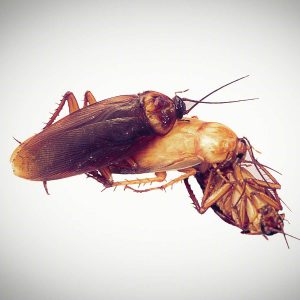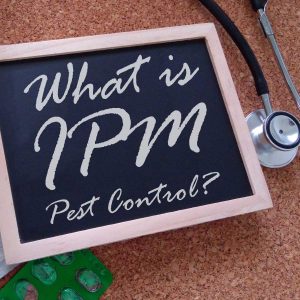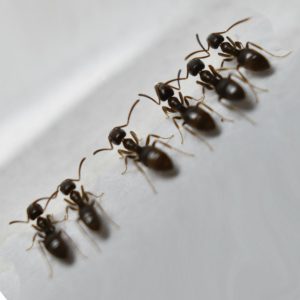When a residential customer calls for pest control services, it’s often in response to a problem that’s arisen; roaches in the kitchen, silverfish in the shower … something nasty. On the other hand, commercial pest control customers usually have a plan because they’re subject to more constraints and regulations than homeowners. Pest control technicians employ different strategies for different types of customers, and this article will give you an idea of what to expect. To properly compare residential vs. commercial pest control, we’ll take them one at a time.
What is Residential Pest Control?
When it’s done right, residential pest control is not so different from commercial in the ways that matter. Green pest control adheres to guidelines developed by the Environmental Protection Agency (EPA) in partnership with scientists and pest control professionals. A cornerstone of these guidelines is prevention, rather than extermination. Preventative pest control uses fewer chemicals overall and causes the lowest risk to humans, pets, and wildlife. It’s also the most effective way to keep a building pest-free.
Sure, when the little monsters appear on floors and countertops, you have to deal with them, and fast. This is how we meet a lot of first-time customers. But more and more residential customers are adopting Integrated Pest Management (IPM) plans because it keeps their families safer, and it doesn’t cost much more than doing it themselves (about $80 per month for a 2,000 square foot home).
These IPM plans are also the brainchild of the EPA/pest industry partnership. They dictate minimal applications of chemical treatments at two- to three-month intervals (because the chemicals start losing potency after three months), and they stipulate that chemicals be applied to strategic targets with minimum exposure to other living things. This means the technician has to be every bit as knowledgeable about pest biology, behaviors, and eco systems; as he is about chemicals. As you might guess, green techs undergo no small amount of education to become certified.
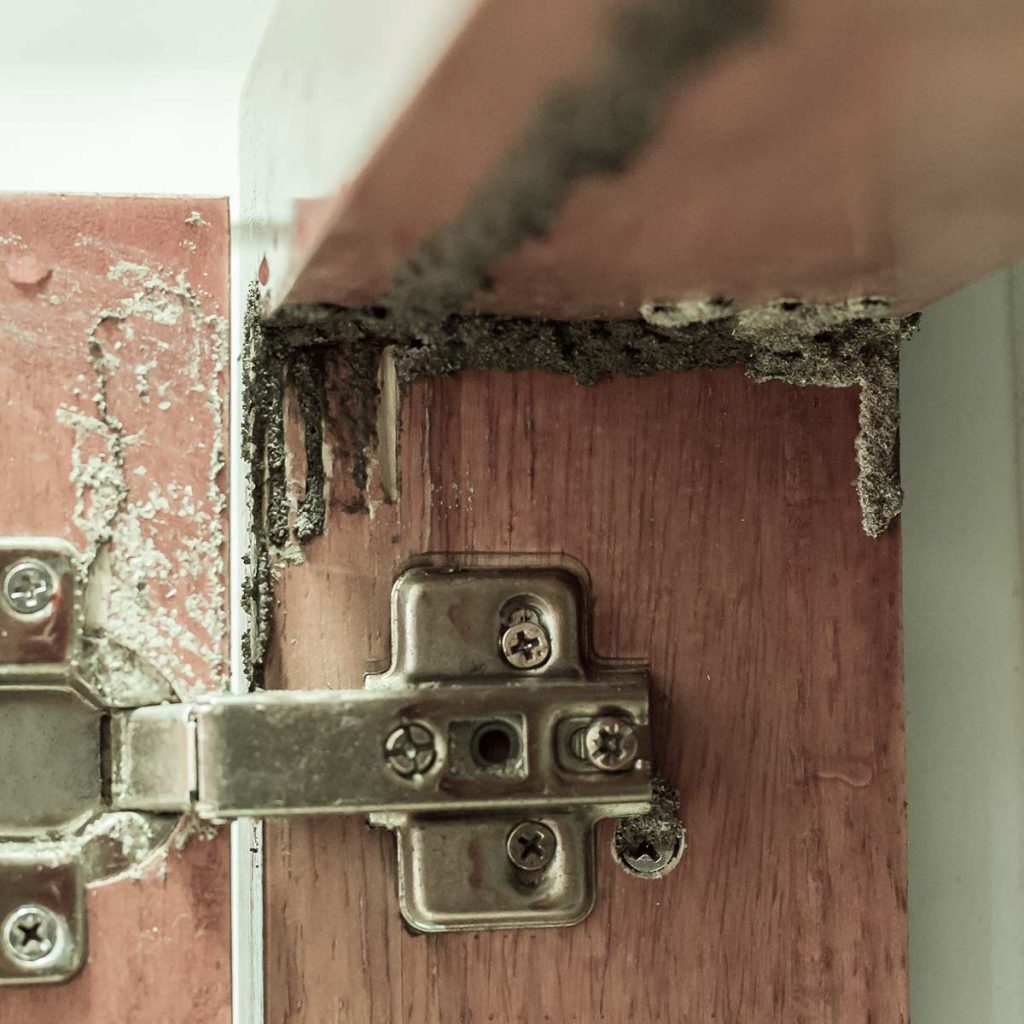
A green-certified technician can anticipate pest populations before they enter and establish themselves in your living spaces. A perimeter is established around your home to prevent new incursions, and a preventative IPM approach is the surest way to maintain this perimeter.
Should I Do My Own Home Pest Control?
The Internet makes it easy to learn almost anything, and we’re finding that our customers are more knowledgeable than ever about pest identification and treatment. With a few minutes of reading, you can learn more about roaches and bedbugs than you ever wanted to know, but that doesn’t mean you have the right tools to perform an effective eradication. Professionals can apply higher concentrations of more species-specific chemicals, and they can inject them into the deep cracks and holes where pests hide and breed. With home remedies, you may never get rid of the root causes of an infestation, even if you have a pretty good idea of where the pests are.
What’s Involved with Commercial Pest Control?
The biggest concern for most commercial pest control customers is the professionalism and expertise of the technicians who visits their facilities. A commercial pest technician can adjust to different guidelines for different types of clients. One example: food handling facilities are subject to very specific regulations governing pest control chemicals and treatment methods, and the technician has to operate within these regulations. Other industries are required to have pest management programs with their own rules. Commercial pest control clients need technicians familiar with the regulatory requirements of all industries.
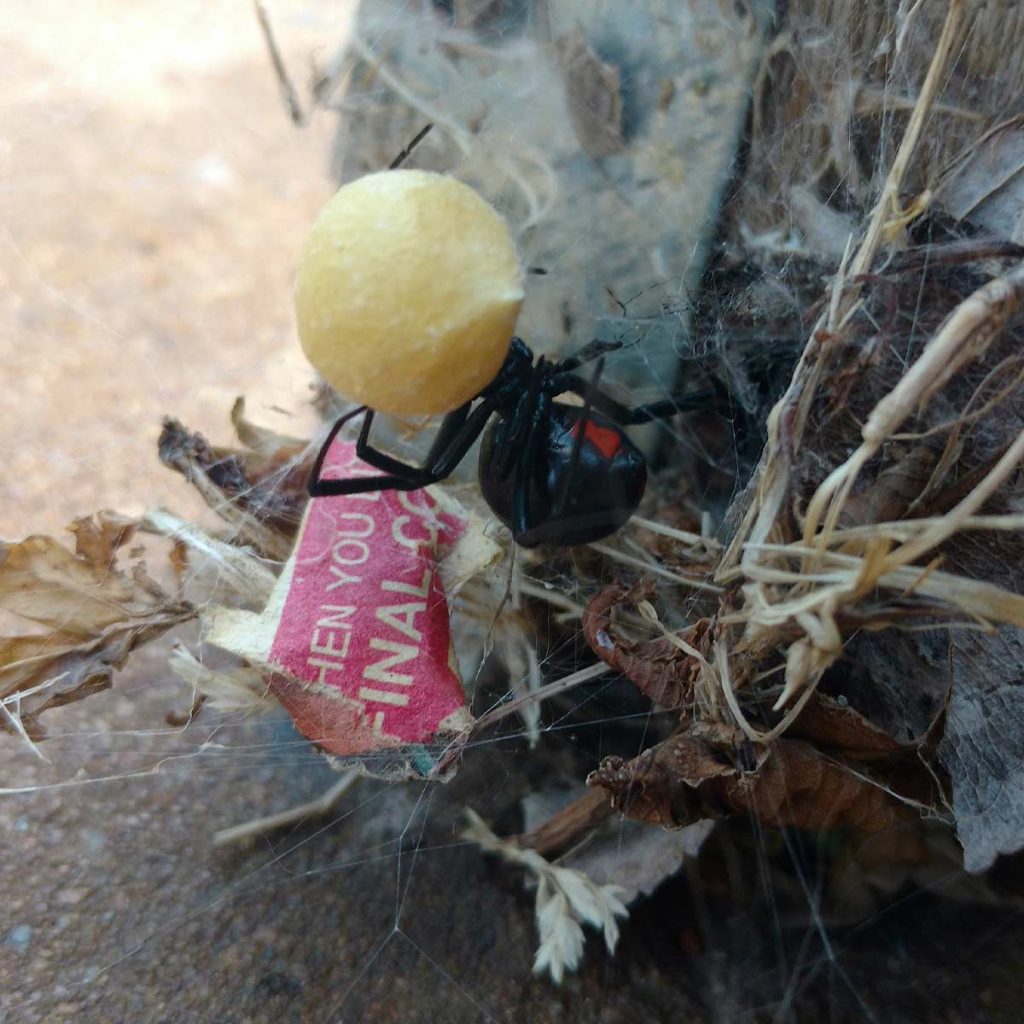
Prevention is almost always the name of the commercial pest management game. Pest control has to be proactive, rather than reactive because of all the employees, customers, and shipments that come and go from a place of business. Commercial pest treatments are often done on a monthly basis because of this potential for new incursions. A good technician will also be responsive to the realities of shift changes, lunch hour traffic, and other company-specific considerations.
Communication is Key
Whether you’re interested in commercial or residential services, a pest control technician should be eager to tell you what he’s doing, and why he’s doing it. If you or your organization require compliance paperwork, he’ll be able to supply it. And a good tech is a skilled communicator who should be able to answer all your questions in words you understand.
Don’t be surprised if he also gives you a to-do list; there may be ways you can minimize the risk of incursions by patching holes, clearing leaf piles, etc. Green pest control is the art of studying pest behaviors, not only in the home or workplace, but in the ecosystem around the buildings—an often overlooked consideration. But it’s this overarching knowledge of pest biology that makes green pest control so much more effective than its predecessors.
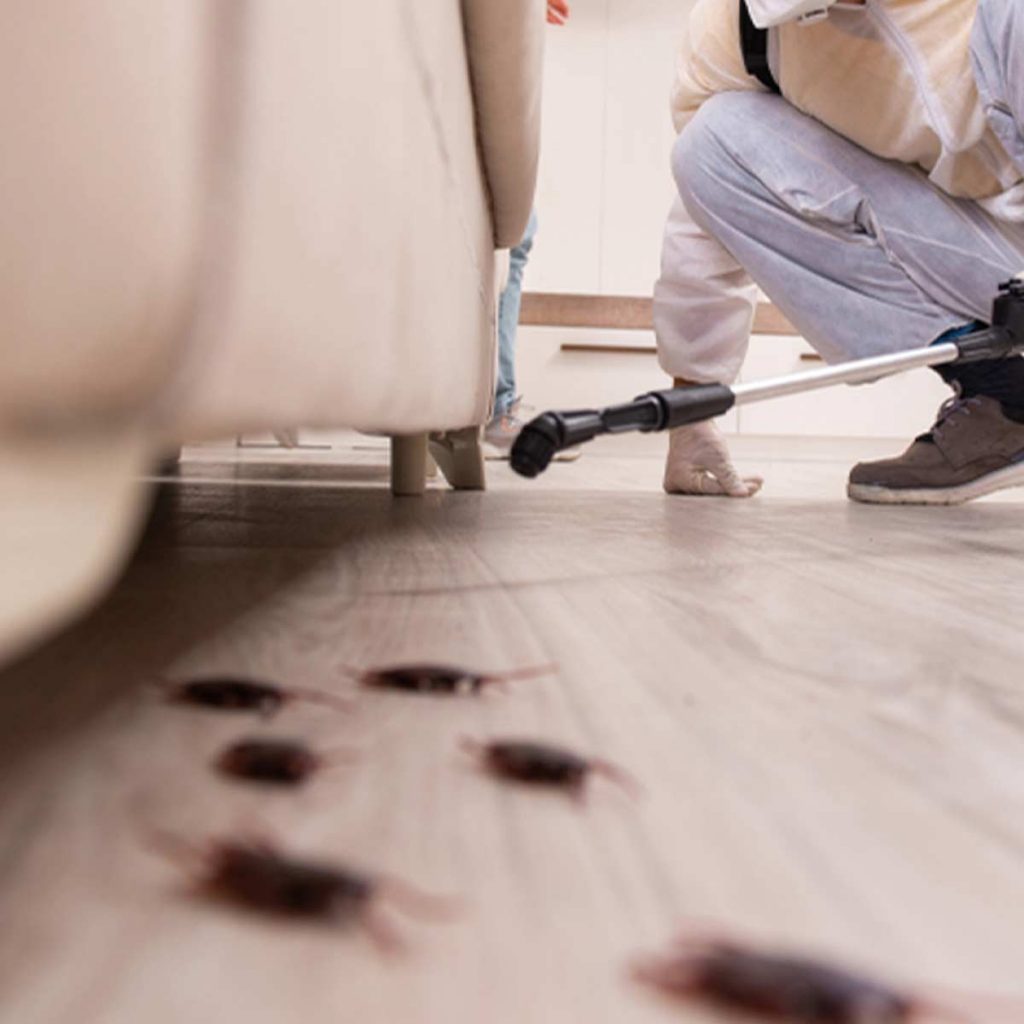
Thanks for reading Go Green Pest Control’s blog, “Residential Vs. Commercial Pest Control: What to Expect?”. If you live in Wichita, Manhattan, or Junction City, Go Green can help. Give us a call at (316) 733-0687 in Wichita or (785) 377-0687 in Manhattan and Junction City. Let’s put this bed bug problem behind you.

